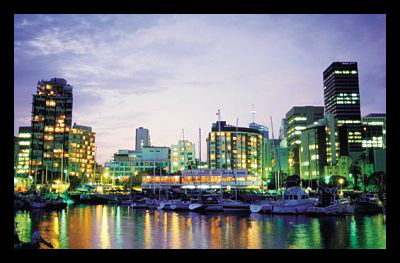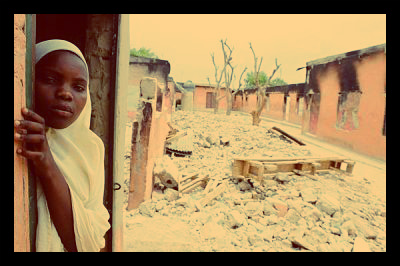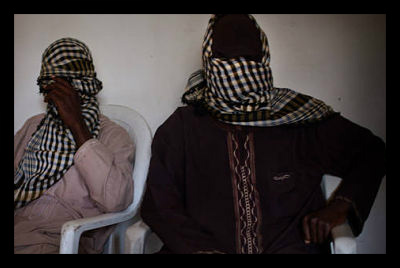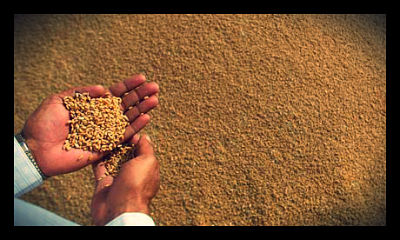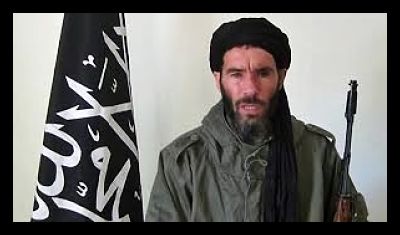On April 14 approximately 276 girls were abducted from a boarding school in Chibok, Nigeria, by the militant group Boko Haram. The international attention and social media activism that have followed since have all been indicators of universal outrage. But most importantly they have underscored the instability which has crippled Nigeria in recent years.
With a $6 billion national annual budget for security forces, Nigeria’s recent mass kidnapping might seem surprising, but it is indicative of a broader spectrum of disarray. Nigeria is the most populous state in Africa and its leading economy, laying claim to the 26th largest economy in the world. However, its citizens are often bound by dire living constraints.
In Nigeria’s Borno state, home to capital city Maiduguri, the birthplace of Boko Haram, the per capita income is $1,631 compared to $4,000 in political capital Abuja. It is evident that poverty has planted the seeds for violent extremism. Since 2009 Boko Haram, in their quest to create an Islamic state in Nigeria, has been implicated in the deaths of over 12,000 Nigerian citizens. In 2013 they were officially declared a terrorist group by the United States government.
Despite Nigeria’s trouble with internal uprisings, it has become clear that its government has been troubled by its own internal issues. Recent Nigerian media reports have revealed that 10 generals and five other senior officers have been court martialed and found guilty of supplying info and ammunition to Boko Haram. This level of extremist sympathizing, while detestable, is not altogether shocking given Nigeria’s current state of affairs.
Corruption on the level of high-ranking government officials has long been linked to poverty throughout Africa. Nigeria has been operating at annual levels of around seven percent economic growth over the past few years but its correlation between national economic growth and increasing living standards has become tenuous at best.
Nigerian president Goodluck Jonathan has framed his country’s growing poverty problems as a problem of wealth distribution. Considering the highly concentrated nature of wealth and political capital amongst the country’s oil barons, this assessment is worth considering. With oil reserves of upwards of 37 billion barrels, only second to Libya in all of Africa, Nigeria is surely not pressed for revenue generating natural resources. However, its influx of oil revenue has not made it a wealthy state.
By 2030 Nigeria’s population size is expected to increase from its 2010 level by upwards of 60 percent, making it the world’s eventual fifth largest population. There are currently over 160 million people living in Nigeria, 42.8 percent of whom are age 14 or younger. However, of the school age children who actually begin formal education, only two-thirds complete primary school. Like the rest of the world, lack of education coupled with the presence of poverty makes for a corrosive pair. It will surely take increasing levels of stability and government accountability to fend the two off.
On June 9, 20 more girls were kidnapped by Boko Haram in the northeastern town of Garkin Fulani, Nigeria. The abductions took place only a few miles from where the 200-plus girls were kidnapped in Chibok in mid-April. This most recent example of Nigeria’s internal security woes comes after President Goodluck vowed to protect this vulnerable and embattled area of Nigeria. Instead, another instance of atrocity has once again marred a Nigerian community still reeling from the effects of the past five years.
— Taylor Dow
Sources: CNN, BBC, Global Public Square, Tribune, Business Day
Photo: The Indian Express
